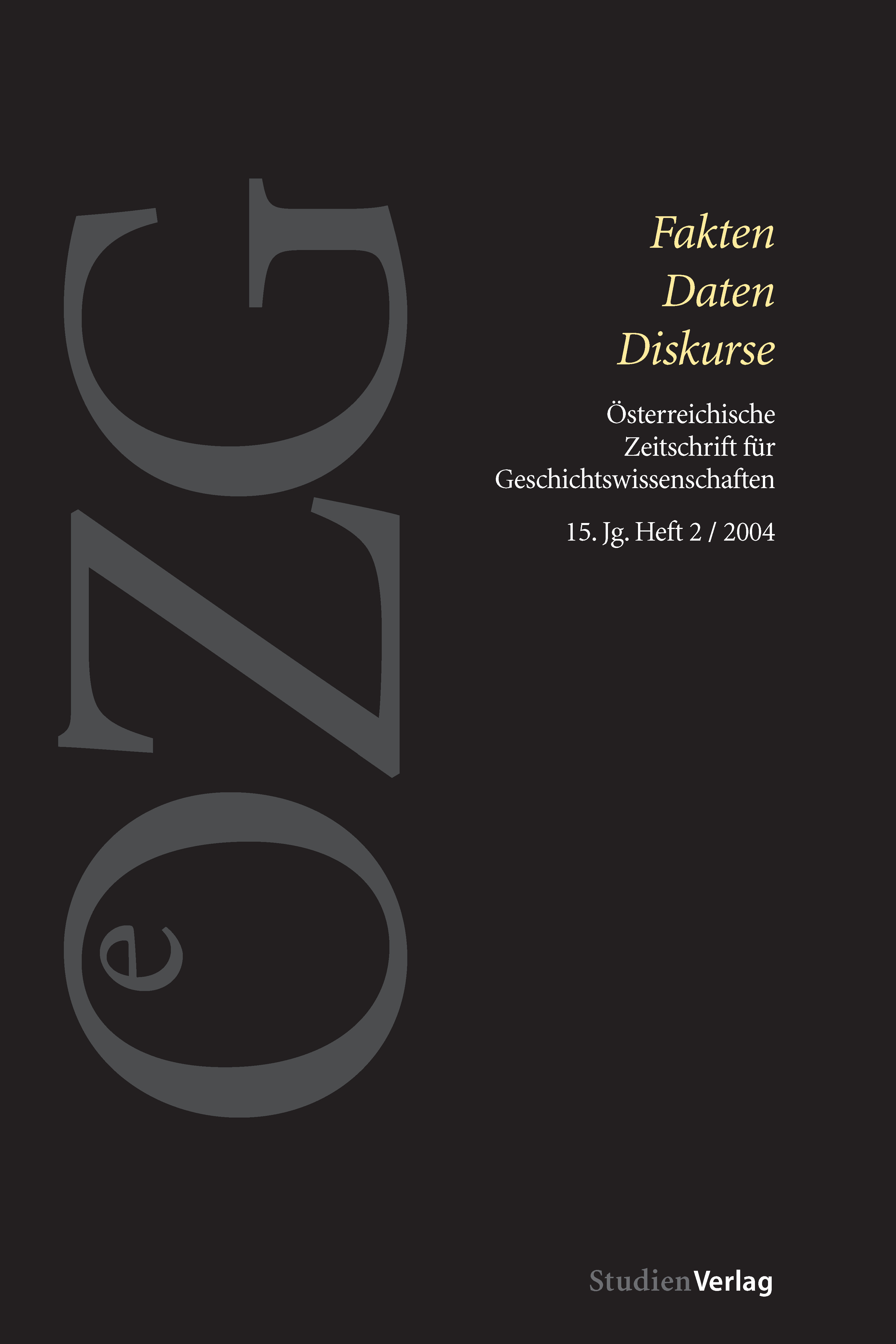Wie die Globalisierung Bauern und Arbeiter überflüssig macht. Mexiko 1980-2000
DOI:
https://doi.org/10.25365/oezg-2004-15-2-3Abstract
In this article I deal with processes of rural transformation, industrialization, and migration in Mexico since 1930. During the time of import substituting industrialization, the peasant sector was structurally disadvantaged vis-à-vis the urban, industrialized sector. Many of the small scale farmers found, however, job opportunities in manufacturing. On the other hand, globalization processes since the 1980s have substantially altered the situation. Ever more small and middle scale farmers and agrarian workers are made redundant in agriculture, because this sector is suffering from a tremendous crisis due to import penetration which results from free trade with the United States. Traditional manufacturing in Mexico City experiences similar problems. Export manufacturing, which is relatively capital-intensive, is generating only little value added, and that is why its capacity to create employment is minimal. As a consequence, many of the redundant-made workers are forced into migration.


